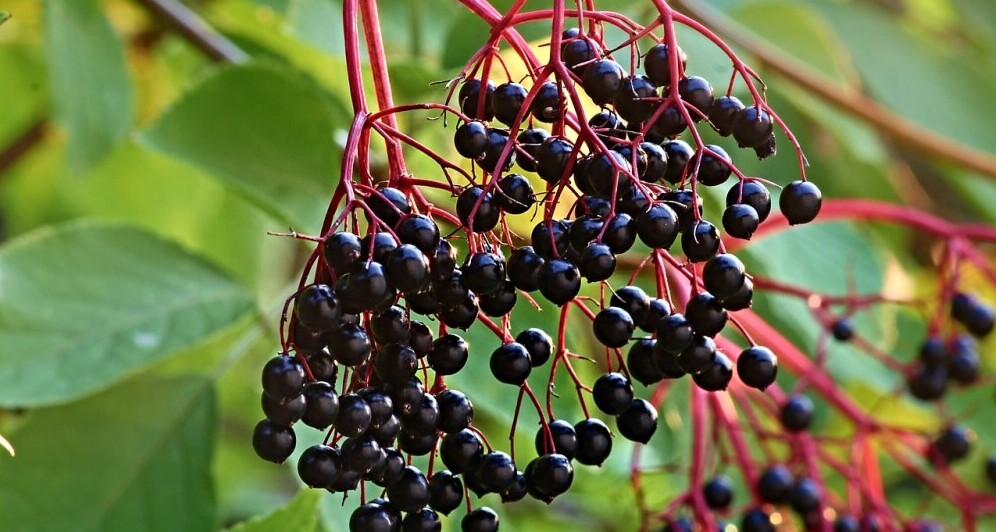
Choosing the right herbal tea can be a game changer when it comes to boosting your immune system. Echinacea, elderberry, and ginger are at the top of the list. These aren’t just random choices-they’re backed by science for their immune-boosting properties.
Echinacea, for example, is known to increase the number of white blood cells, the body’s first line of defense against illness. Elderberry works to block flu viruses from entering our cells, making it a powerful ally during the cold season. Ginger, with its anti-inflammatory compounds, helps reduce oxidative stress, a key factor in immune dysfunction.
Experts often recommend incorporating these herbal concoctions into your daily routine. A cup of echinacea tea in the morning, or elderberry tea before heading out, will help boost your body’s resistance. You can also sip a soothing ginger tea in the evening to help you wind down and support your health overnight.
Hearing stories from people who’ve embraced these herbal heroes makes things more relatable. Jane, a teacher from Vermont, swears by her evening elderberry tea and says it’s her secret weapon during the winter months. Another enthusiast, Mark, finds that his morning echinacea tea keeps him energized and focused throughout the day.
Explore the world of immune-boosting herbal teas and see how these natural wonders can help you live a healthier lifestyle.
Stress & Sleep: Find Peace with Soothing Herbal Infusions
When life’s chaos becomes overwhelming, calming herbal infusions can work wonders for stress and sleep. Chamomile, lavender, and valerian root teas top the list for their calming effects and have long been trusted allies in the battle against restlessness.
Chamomile is like a warm hug; its gentle sedative properties reduce stress levels and improve sleep quality. Cozy up to the floral notes of Lavender as it works its magic on your nervous system and helps you drift off peacefully. And if counting sheep doesn’t do the trick, valerian root may be your sleep solution, known for its ability to calm anxiety and promote a restful night’s sleep.
There’s real science behind how these teas work. Research shows that compounds in chamomile bind to brain receptors, inducing relaxation and reducing insomnia. According to some studies, lavender tea can improve sleep quality in people struggling with insomnia or anxiety, making it a dream come true for many.
So how do you make these herbal infusions part of your nightly ritual? Try chamomile about an hour before bed for a soothing and therapeutic experience. Trying a blend of lavender and valerian might be perfect as part of your wind-down routine. Just the smell of the brewed tea can be so calming that the worries of the day melt away.
The Ancient Tradition of Herbal Teas: A Healing Legacy
.More than just a warm beverage, herbal teas are steeped in tradition and healing. Across cultures, these brews have been prized for their health-promoting properties for centuries.
In traditional Chinese medicine, green tea is revered for longevity and vitality, while Native American tribes have used peppermint and yarrow to treat a variety of ailments. Throughout Europe, herbs such as elderberry blossom and lime blossom were common household remedies.
What’s fascinating is how modern science now supports these ancient practices. Research shows that the antioxidants and anti-inflammatories found in many herbal teas offer real benefits, such as boosting immunity or reducing inflammation.
Today’s global embrace of herbal teas reflects a growing preference for natural wellness options. As the demand for holistic health alternatives increases, people are drawn to remedies that complement their lifestyles without harsh side effects.
Interestingly, many are rediscovering these brews as part of a wellness revolution, making herbal teas not just a nod to the past, but an integral part of today’s health trends. Trying different blends not only connects you to different cultures, but also enriches your wellness journey.
Digestive Supplements: Restore Gut Health with these Powerful Concoctions
Ginger, peppermint, and fennel teas are great for maintaining balance in your digestive system. These herbal allies help ease discomfort and promote healthy digestion.
Ginger tea is a hero for its anti-inflammatory effects, which can calm your stomach and help with nausea or bloating. It works by speeding up the digestive process, making it a reliable choice after heavy meals.
Peppermint tea acts as a natural muscle relaxant, known to soothe an upset stomach or indigestion. Its refreshing menthol component provides a cooling sensation that calms the digestive tract.
Fennel tea excels at relieving gas and bloating, making it an ideal post-meal drink. Its natural oils help relax the muscles in your intestines and improve overall digestion.
Experts suggest using these teas strategically. Drink ginger tea before meals to prepare your stomach for the work ahead, or enjoy peppermint and fennel teas after meals to soothe and aid digestion.
Making these teas at home is easy. Simply steep fresh or dried ginger in boiling water for a spicy kick, or crush fennel seeds to release their full flavor and potency. Experimenting with different combinations can also enhance their effects and turn your tea time into a soothing wellness ritual.
